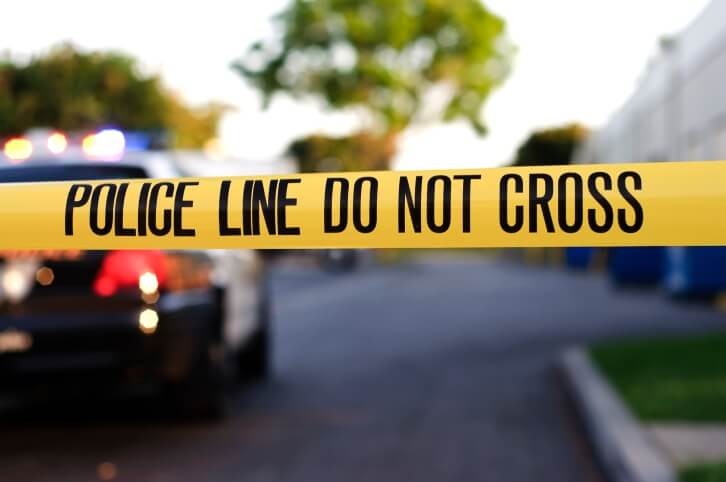
What Is a Class B Felony in Wisconsin?
Lawmakers have created a total of nine categories for felonies in Wisconsin. They range from Class A, which includes murder and the most serious felonies, to Class I, the least serious felonies. Class B felonies include:
- Sexual assault – 1st degree
- Reckless homicide – 1st degree
- Intentional homicide – 2nd degree
- Aggravated arson
Maximum and Minimum Sentences
Wisconsin’s presumptive sentencing guidelines start with only a maximum penalty for each of the nine felony classes. A Class B felony, for example, is punishable for up to 60 years, although that entire sentence is not prison time. Wisconsin has a bifurcated penalty system. For Class B felonies that means the maximum prison time is 40 years with another potential 20 years of “extended supervision.” Because of the bifurcated system, any prison term given out for a felony must be fully served.
Extended Sentences
Under Wisconsin’s indeterminate sentencing – maximum prison terms only without minimum terms – there are a number of laws that allow for sentencing enhancements. Often, these enhancements require that minimum sentences be imposed in certain situations. In other cases, the maximum sentence is increased. Wisconsin lists aggravating circumstances that call for enhanced penalties – they include domestic abuse in front of a child, violence against a victim 62 or older, certain child sex crimes, repeat violent offenders, use of a dangerous weapon, violent crime in a school zone and habitual offenders. Additionally, penalties, probation or fines may be enhanced by a court when a crime is committed in connection with or designed to benefit a criminal gang, when body armor is used and when the defendant has disguised or altered his or her appearance.
Loss of Rights and Benefits
As soon as you are convicted you will lose the following rights in Wisconsin:
- Own or possess a firearm – for crimes that involved drugs or the use of force, violence or a deadly weapon
- Serve on a jury
- Qualify to run for state or local office
- Vote
- Hold some jobs, particularly those in healthcare and law, that require state or federal licenses
Someone convicted of a Class B felony receives a certificate after completing the sentence, including any extended supervision, detailing which civil rights have been restored. The rights to vote and to serve on a jury are the first rights restored to felons. Other civil rights can be restored with a pardon from the governor. This includes the ability to hold public office and own or possess a firearm.
Employment and Housing with a Felony Record
Finding housing and employment with a Class B felony conviction can be quite challenging, particularly since Class B offenses are among the most serious in the state. Experts recommend that felons take advantage of state agencies that can provide the names of employers or landlords participating in re-entry programs. For example, employers hiring felons through the Wisconsin Transitional Jobs Demonstration Program are reimbursed for six months of minimum-wage salary. On the job side, The Tenant Resource Center in Wisconsin recommends that felons seeking housing consider applying with a co-applicant or seeking out smaller landlords.
Clearing Your Record
Wisconsin’s expungement law is designed to help misdemeanor offenders or those with very minor felony convictions. It is not available for someone with a Class B conviction. The most commonly pursued avenue to restore civil rights in the state is through a pardon. The governor issues pardons, but individual cases are investigated and recommendations are made by the Wisconsin Pardon Advisory Board. There are no rules that require a waiting period. However, experts recommend waiting at least 5 years – and perhaps longer – after the completion of a felony sentence to request a pardon. That way it’s possible to show a new lifestyle that no longer includes criminal activity. Very few pardons are issued, however. Successful applications generally involve less serious crimes, lengthy periods of time since the sentence was completed and compelling reasons.
Learn about all crimes in the state by accessing the Wisconsin Criminal Code. For sentencing information, click here.
This article is for informational purposes only. If you need legal advice, consult an attorney.